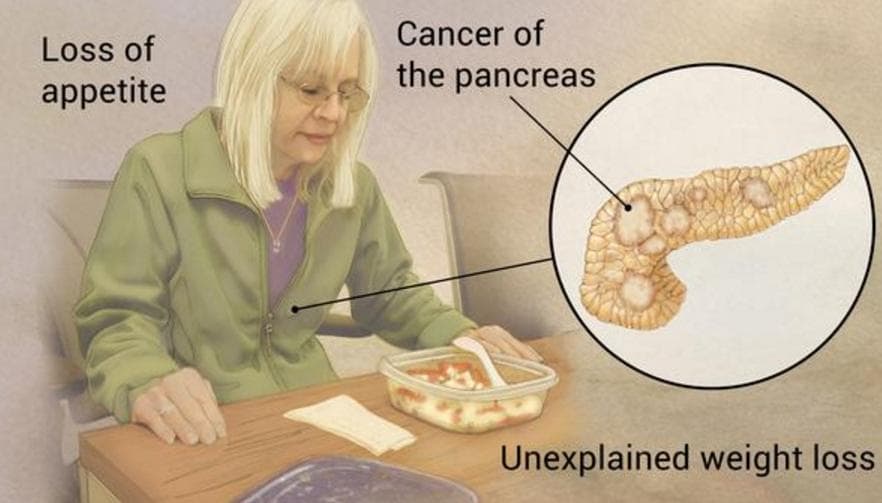Facing Time: Understanding Terminal Cancer Life Expectancy
The words "terminal cancer" carry a weight that can be difficult to bear. Suddenly, the future feels uncertain, and conversations shift towards a reality we often avoid – the finite nature of life. Understanding a terminal cancer prognosis, including life expectancy, is a complex and deeply personal journey. It's about grappling with difficult truths while seeking ways to make the most of the time that remains.
Navigating this terrain involves a delicate dance between acknowledging the reality of the diagnosis and holding onto hope. It's about understanding that "terminal" doesn't necessarily mean immediate, and that life expectancy is not an exact science but rather a range based on various factors.
It's important to remember that every individual's journey with terminal cancer is unique. Factors influencing life expectancy can include the type and stage of cancer, the individual's age and overall health, the effectiveness of treatment, and their own response to therapy. This means that while statistics can provide a general framework, they cannot predict the specific course of an individual's disease.
The concept of terminal cancer life expectancy has evolved alongside medical advancements. In the past, a terminal diagnosis often meant a significantly limited lifespan. However, breakthroughs in cancer treatment, including targeted therapies and immunotherapy, have led to improved survival rates and, in some cases, even long-term remission for certain cancers.
Despite these advancements, the challenge remains – how do we make sense of this information and use it to inform our choices? How do we balance the desire for realistic expectations with the hope that fuels our spirit? This journey requires open communication with healthcare providers, emotional support from loved ones, and a deep understanding of one's own values and priorities.
Factors Influencing Terminal Cancer Life Expectancy
While it's impossible to predict an exact timeline, several factors contribute to a terminal cancer prognosis:
| Factor | Explanation |
|---|---|
| Cancer Type and Stage | Different cancers grow and spread at different rates. The stage indicates the extent of the disease, with later stages generally associated with a shorter life expectancy. |
| Age and Overall Health | Younger patients and those in good overall health often have a better prognosis than older individuals or those with underlying health conditions. |
| Treatment Response | How well a patient responds to treatment, including surgery, chemotherapy, radiation, or immunotherapy, significantly impacts life expectancy. |
| Lifestyle Factors | Maintaining a healthy lifestyle, including good nutrition, exercise, and stress management, can potentially influence prognosis. |
It's crucial to discuss these factors and their potential implications with a healthcare professional. They can provide personalized insights and guide patients toward making informed decisions about their care.
Navigating the Emotional Landscape
Facing a terminal cancer diagnosis is an emotionally challenging experience for both the patient and their loved ones. Seeking support from therapists, support groups, and palliative care specialists can provide essential coping mechanisms and resources during this difficult time.
Ultimately, understanding terminal cancer life expectancy is not about focusing solely on a number, but rather about using the information available to make informed decisions and live the remaining time with purpose and meaning. It's about focusing on quality of life, cherishing moments with loved ones, and finding peace in the face of uncertainty.
Conquering the open road your guide to the best chevy colorado for towing
Unveiling the anine bing universe your sydney style guide
Decoding the christian wedding ceremony script




:max_bytes(150000):strip_icc()/what-is-stage-4-lung-cancer-life-expectancy-2249420_final1-5b42c03946e0fb003781c363.png)


:max_bytes(150000):strip_icc()/stage-4-cancer-5092070_color-b41add690efd427294f126c16723372c.jpg)



.jpg)

:max_bytes(150000):strip_icc()/what-is-stage-4-lung-cancer-life-expectancy-2249420-FINAL-14afe9f201f04c64943bfc0f52854d2d.jpg)
